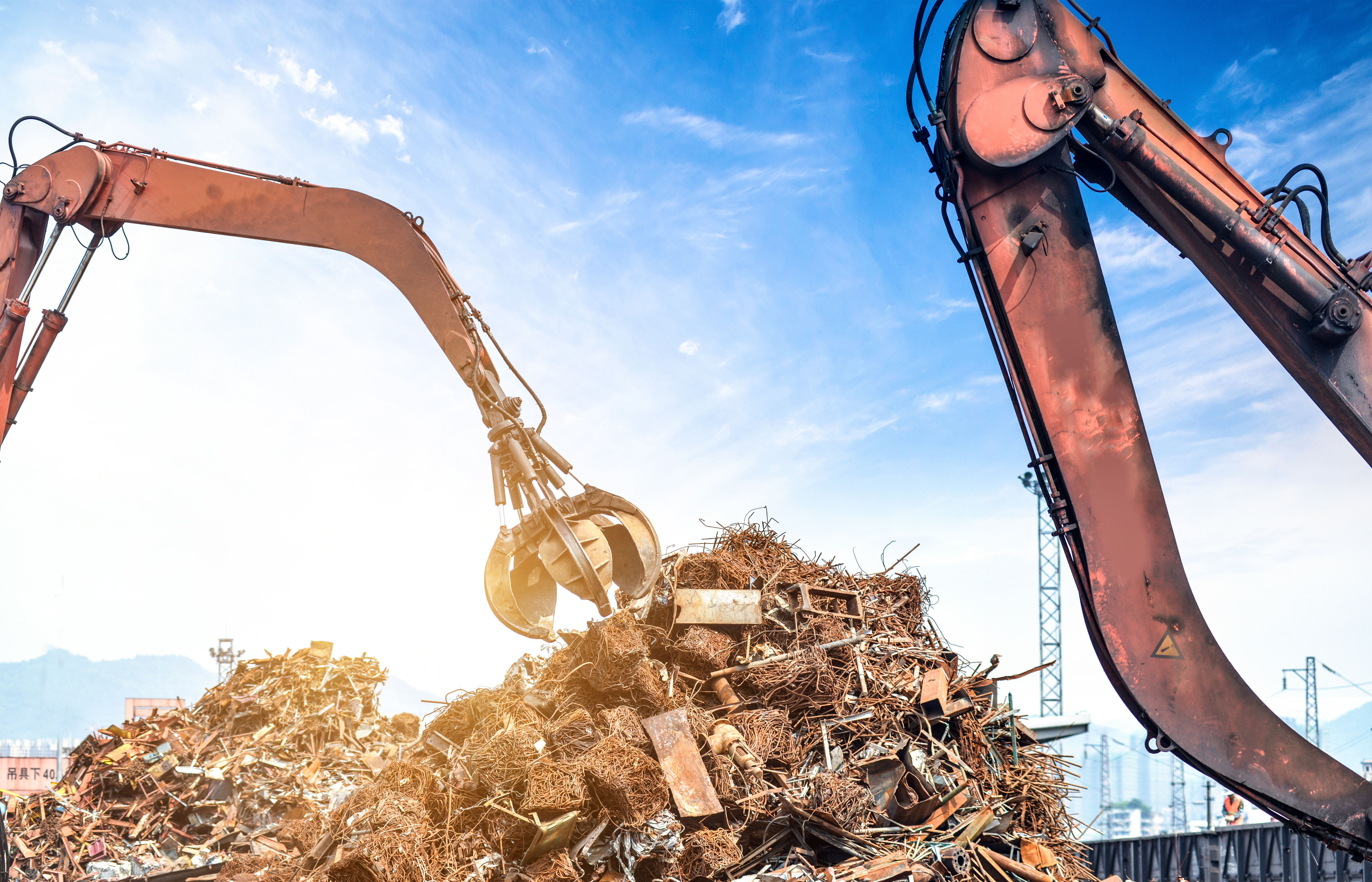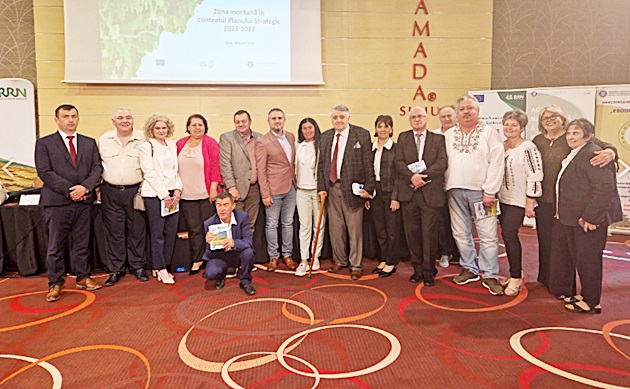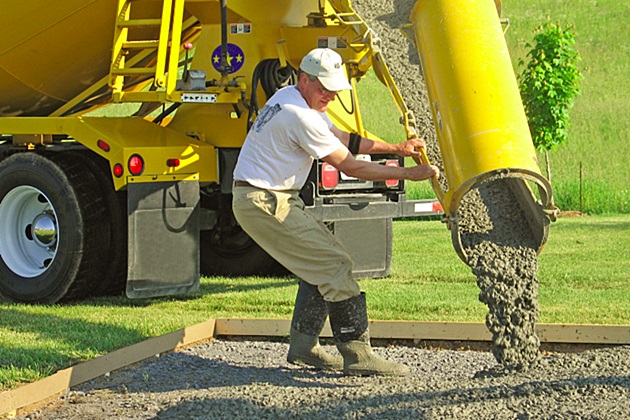708

Construction and Demolition Waste Recycling Gains Ground in Romania’s Sustainability Policies
The recycling of construction and demolition waste is becoming an increasingly important component of environmental and sustainability policies. In Romania, over 6 million tonnes of such waste are generated annually, yet the recycling rate remains below 35%—well under the European target of 70%.
Legislation updated in 2024 requires contractors to include a waste management plan in every authorized project, as well as to use a minimum proportion of recycled materials.
The most commonly recycled materials include concrete, asphalt, brick, wood, and steel. These can be reused as aggregates in road foundations, fill materials, or prefabricated components.
The main challenges lie in the lack of selective collection infrastructure on construction sites, logistical costs, and reluctance to use recycled materials in public projects. Nevertheless, regional initiatives and partnerships between municipalities, companies, and sorting centers are beginning to emerge.
The Ministry of Environment is preparing new best-practice guidelines and support schemes for investments in recycling stations. In the long term, recycling could help reduce operational costs and open up opportunities for innovation in sustainable construction materials.
(Photo: Freepik)




